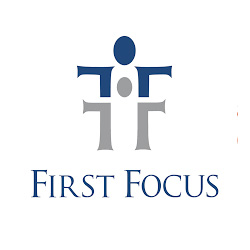About Us
Child Care
March 25, 2024
A Rough Legislative Session for Utah Kids (Again)
January 10, 2024
Our 2024 Legislative Agenda
Tagged under
Tagged under
October 10, 2023
It’s Official: Access to Licensed Child Care Statewide is Really Bad (and Getting Worse)
Tagged under
Tagged under





